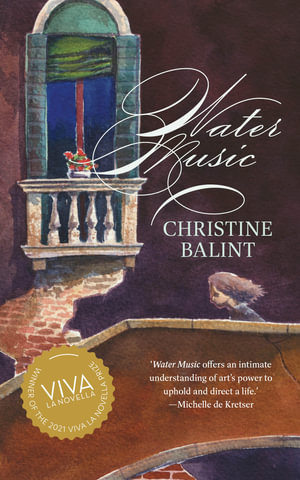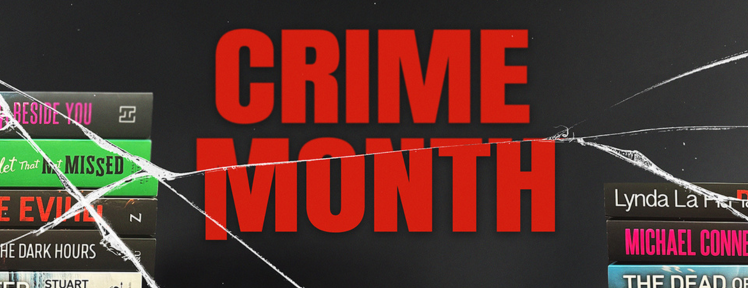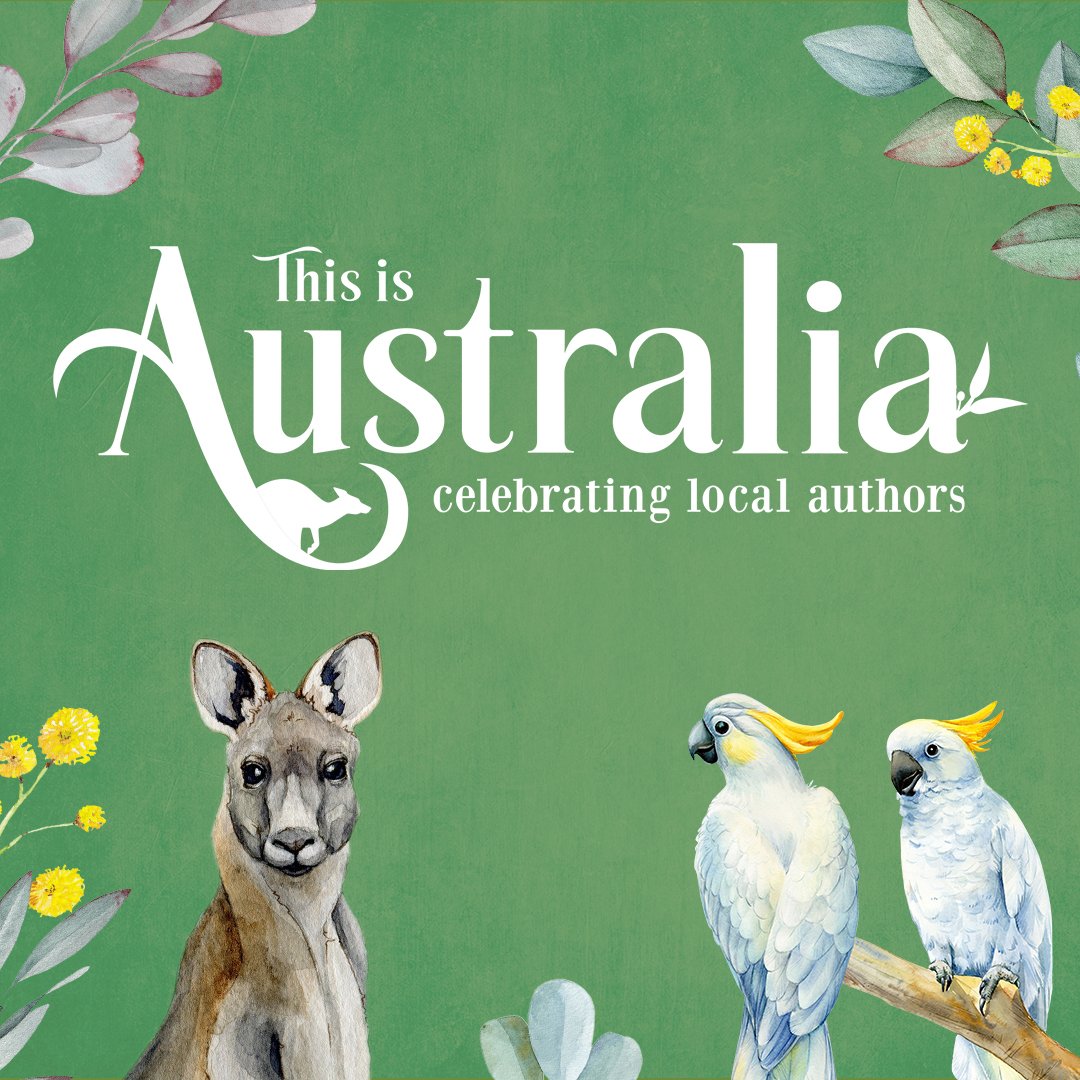Dr Christine Balint has been a professional writer for more than 20 years. She has been developing a body of work set in eighteenth-century Venice since 2004. Her novella, Water Music, is the co-winner of the 2021 Viva la Novella Prize. In 2018, Christine received Australia Council Funding to research her new novel, A Small Voice, based on a real-life 18th-century Venetian court case. Christine travelled to Venice to research court records as well as explore the known locations for the story. She is currently completing the manuscript.
Today, Christine Balint is on the blog to take on our Ten Terrifying Questions! Read on …
Please tell us about your latest book!
Water Music is a work of literary historical fiction, examining the little-known system of patronage that existed in Venice between 1400 and 1797. Girls of any class or background could be given a full-time musical education leading to a career in music, if they passed an audition. In many cases, this allowed impoverished girls to earn income and save for a dowry or establish a career—enabling them to forge a fruitful life.
In this character-focussed interior monologue, Lucietta attempts to come to terms with her unusual situation and make a decision concerning her future.
In eighteenth-century Venice, orphan Lucietta is raised by a fisherman’s family yet supported by a secret benefactor to study music. At 16, she takes up her position at the Derelitti Convent, one of the prestigious musical orphanages for girls, playing the violin in the ensemble and training the younger musicians. Confronted by her benefactor’s plans for her life, Lucietta uncovers the true legacy of the women who came before and her role in bridging the past.
What did you want to be when you were twelve, eighteen and thirty? And why?
I was twelve when I first articulated my desire to become a writer.
At eighteen, I was interested in journalism (and also being a writer).
At thirty, I was a writer. I enjoyed communicating through words. I loved the imaginative process of working on fiction. I still feel that I am more articulate on paper.
What are three works of art – this could be a book, painting, piece of
music, film, etc – that influenced your development as a writer?
I studied Ian McEwan’s A Child in Time in year 12 and our literature teacher deconstructed it to show us how it had been put together. This gave me an insight into how it might be possible to structure a large piece of work.
Berlioz’s Symphonie Fantastique gave me an insight into how it might be possible to blend genres into a large, hybrid piece of work. It also inspired my second novel.
A recent, inspiring piece of literature was Maggie O’Farrell’s Hamnet. It’s a lyrical, evocative novel that transported me to another time and place. It employs aspects of technique that have informed my own work.
Considering the many artistic forms out there, what appeals to you about writing a novel?
The novel is a unique form for giving insight into a person’s inner world and shedding light on what it means to be human.
What do you hope people take away with them after reading your work?
I hope they will have learned about an aspect of history that they might not have known before. I hope they will retain a sense of what it might have been like to experience Venice in the late eighteenth-century.
Who do you most admire in the writing world and why?
I admire writers who fight for and achieve real social change with their work.
Many artists set themselves very ambitious goals. What are yours?
I am hoping to continue my foray into non-fiction.
Do you have any advice for aspiring writers?
Read widely and write often.
Thanks Christine!
—Water Music by Christine Balint (Brio Books) is out now.

Water Music
Winner of Viva la Novella IX
In eighteenth-century Venice, orphan Lucietta is raised by a fisherman’s family yet supported by a secret benefactor to study music. At 16, she takes up her position at the Derelitti Convent, one of the prestigious musical orphanages for girls, playing the violin in the ensemble and training the younger musicians.
Confronted by her benefactor’s plans for her life, Lucietta uncovers the true legacy of these women and her role in bridging the past.







 What do we know about the Boy Swallows Universe Netflix show?
What do we know about the Boy Swallows Universe Netflix show?  Booktopia’s top thrilling fiction picks for Crime Month
Booktopia’s top thrilling fiction picks for Crime Month  Booktopia’s Top First Nations Book Recommendations for 2023
Booktopia’s Top First Nations Book Recommendations for 2023
Comments
No comments